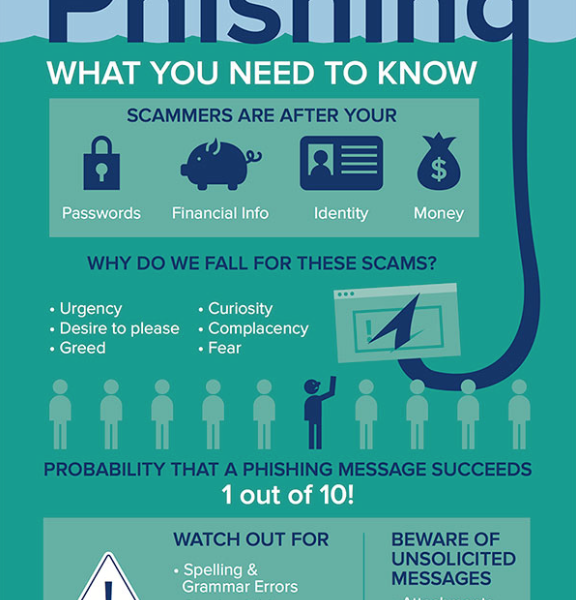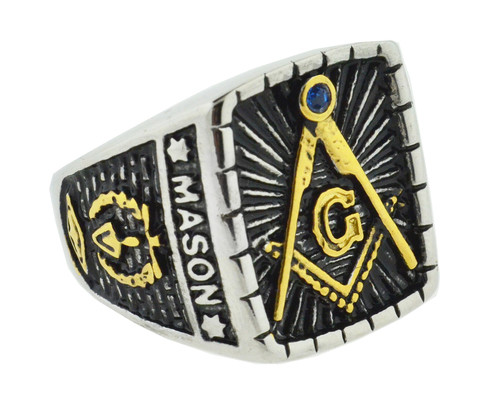- Never provide your personal information in response to an unsolicited request, over email. Emails created by phishers (fakers) may look exactly like the real thing. If you did not initiate the communication, you should not provide any information. Remember, scammers can get your email address or other contact information from a variety of online sources, so make sure you’re particularly careful with which websites you’re sharing this information.
- If you believe the contact may be legitimate, contact the institution yourself. For example, if you believe that an email request is not a scammer, submit an inquiry to the Grand Lodge at Info@freemasonrysite.com to confirm. Until you’ve heard back, hold off on continuing any conversations or providing any information.
- Never provide your password over email or in response to an unsolicited request. The Grand Lodge would never ask you to verify your bank account information online or solicit money from you via email. Thieves armed with this information and your account number can help themselves to your savings.
- Check the email address that is sending it to you. If it is coming from the Grand Master or the Grand Lodge Office, the email will almost always end in this way “info@freemasonrysite.com”.
- The Grand Master will never start an email with “Hi.” If you were receiving an email from the Grand Maste he would start it with “Good afternoon, Brother” or “Brother XX,”
- The Grand Master will also have an email footer at the end of his email with his name and title.
- Contact your financial institution and the Grand Lodge immediately and alert it to the situation.
- If you have disclosed sensitive information in a phishing attack, you should also contact one of the three major credit bureaus and discuss whether you need to place a fraud alert on your file, which will help prevent thieves from opening a new account in your name.
Share this blog with your Lodge Secretary as a resource for further discussion during your next stated Lodge meeting.





